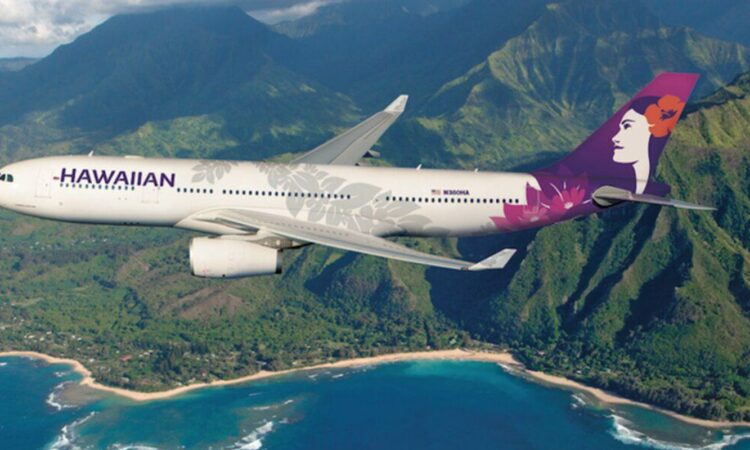HONOLULU (AP) — Hawaii’s Council on Revenues on Thursday offered a less pessimistic outlook for state tax revenue for the current fiscal year given the way the tourism industry has recovered under the state’s COVID-19 testing program for travelers.
The council said it expects general fund tax revenue to decline 6.5% during the 12 months ending in June, less than the 11% drop it had projected in September.
Policymakers rely on the council’s projections when drafting their budgets so the improvement will likely be welcome news for the governor and legislators. The sharp drop in state tax revenue precipitated by the coronavirus pandemic and a subsequent collapse in tourism have prompted the state to cut spending, borrow money and raid its rainy day fund.
The governor had planned to furlough state employees starting this month, though he postponed the measure until at least July 1 because of new federal economic stimulus money approved last month.
Carl Bonham, a University of Hawaii economics professor who sits on the council, said tourism has been stronger than anticipated since the state began allowing travelers to bypass quarantine if they test negative for COVID-19.
Job growth as also been substantially better than forecast, he said, as almost 50,000 unemployed returned to work in November.
The state’s Safe Travels testing program began in October. Last month, about 8,000 travelers arrived in Hawaii each day, which is about one-quarter of the pre=pandemic number of December 2019. It’s also more than in November, when travel was at 20% of its November 2019 levels, Bonham said.
“I think the economy has been performing substantially better than the council forecast in our last rounds of meetings,” Bonham said as the council met over Zoom.
The council estimated revenue would grow 6% during the next fiscal year, which ends in June 2022. That’s less than the 8.5% forecast it predicted in September.
Hawaii law requires policymakers to consider the council’s estimates when drafting state budgets and doling out funds. Its seven members are appointed by the governor, House speaker and Senate president.
Source: Read Full Article
